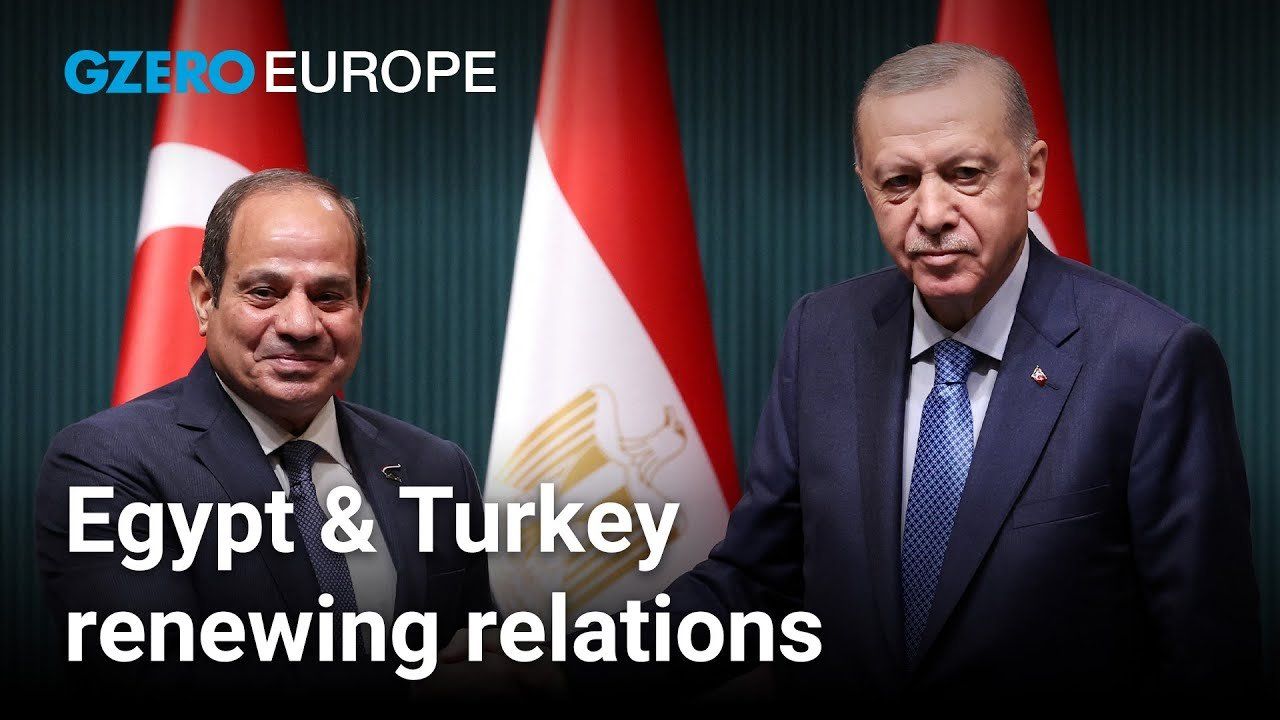
Carl Bildt, former prime minister of Sweden and co-chair of the European Council on Foreign Relations, shares his perspective on European politics from Stockholm, Sweden.
What's going to be the division of responsibilities in the new European Commission of Ursula von der Leyen?
Well, I think we'll get a hint of that towards the end of the week, where she is supposed to present her proposal before it goes then to the European Parliament and then eventually for ratification, be that early November, or whenever. There's a significant battle, primarily over the key economic portfolios. The Italians are demanding that their nominee, Fitto, be a minister in the government, should be given a key economic role. That's somewhat controversial, because he also will be the representative of the extreme right part of the European political spectrum. The French, needless to say, want to have their present commissioner, Breton, who’s been key with the outgoing commission, as an even more important personality. So that's going to be one of the battles. Another battle is that the Hungarians want to retain control of enlargement that will, in all probability, be refused. And then trade, financial affairs, budgets are going to be heavily contested or the focus, as well.
What's the significance of the visit of Egypt's President el-Sisi to Turkey?
Well, it is really a reconciliation after what happened in 2013 when el-Sisi staged the military coup against President Morsi, the Muslim Brotherhood president, who had been elected, and was heavily supported by President Erdogan, who made a jubilant visit to Cairo at the time. So, the relationship between these two important countries in eastern Mediterranean soured very considerably after 2013. And it's been a long road back to a more normal relationship that is now being established between Turkey and Egypt.